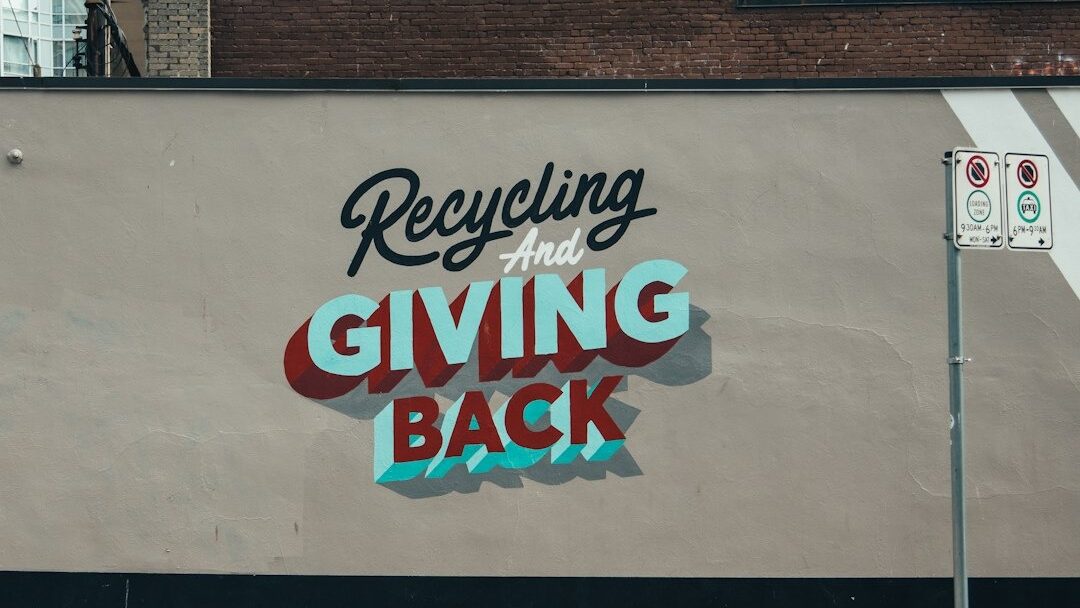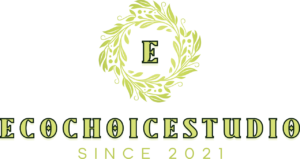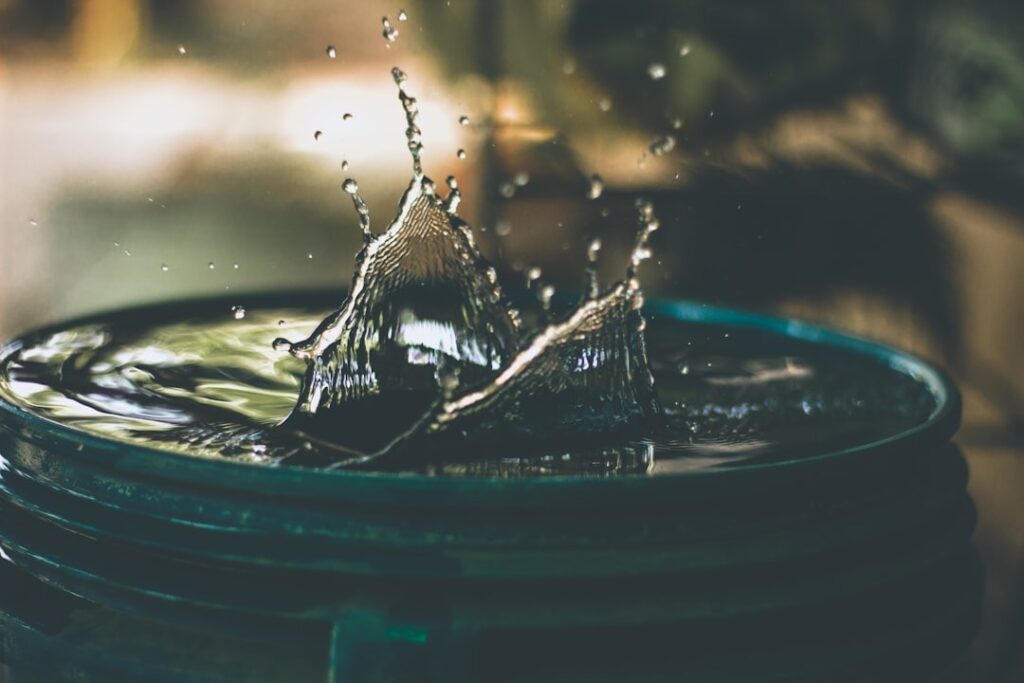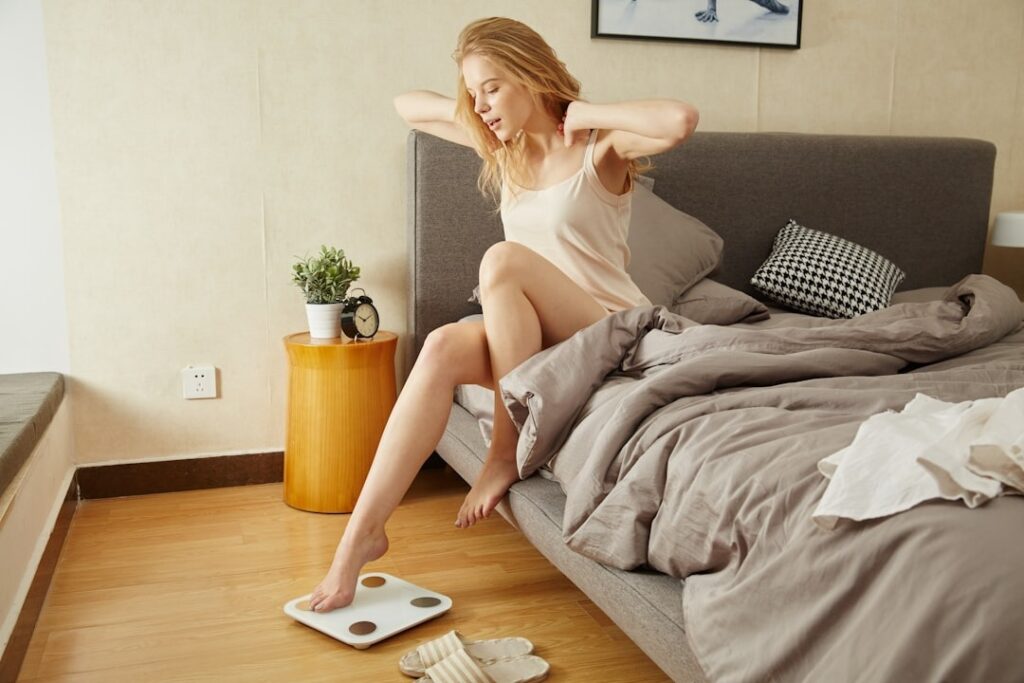
Thinking about going zero-waste but not sure where to begin? You’re not alone! Transitioning to a more sustainable lifestyle can feel overwhelming at first, but it doesn’t have to be. The key is to start small and focus on progress, not perfection. A zero-waste lifestyle is all about making mindful choices. It includes refusing what you don’t need, reducing what you do, reusing, recycling, and composting where you can. In this beginner-friendly guide, we’ll walk you through the basics and help you get started with confidence.
1. Start with the Basics: The 5 R’s of Zero Waste
Welcome to the green side! Let’s figure out the basics first. The foundation of a zero-waste lifestyle is built on the 5 R’s: Refuse, Reduce, Reuse, Recycle, and Rot (Compost). Here’s how you can incorporate each into your daily life:
Refuse
Say no to single-use plastics and items you don’t need. This includes things like plastic bags, straws, and promotional freebies.
Reduce
Cut down on what you do need. Be mindful of your consumption and choose quality over quantity.
Reuse
Choose reusable products instead of disposable ones. Invest in items like stainless steel water bottles, cloth grocery bags, and reusable food containers.
Recycle
Properly recycle items that you can’t refuse, reduce, or reuse. Make sure to clean and sort your recyclables correctly.
Rot (Compost)
Compost organic waste to reduce landfill waste and create nutrient-rich soil for your garden.
2. Assess Your Current Waste
Now that we have our basics covered, it’s time to assess where you stand. Before making changes, it’s important to understand your current waste habits. Spend a week tracking the waste your household generates, and identify the biggest contributors. This will help you target areas for improvement.
3. Make Simple Swaps
Transitioning to zero waste doesn’t mean changing everything overnight. Start with simple swaps that make a big difference:
Reusable Water Bottles
Replace plastic water bottles with a durable, reusable alternative.
Cloth Grocery Bags
Ditch the plastic bags and bring your own cloth bags to the store.
Beeswax Wraps
Use beeswax wraps instead of plastic wrap for food storage.
4. Invest in Quality, Long-Lasting Products
A key aspect of zero waste is investing in quality products that last longer and reduce the need for frequent replacements. Here are some items worth considering:
Stainless Steel Straws
These straws are reusable, easy to clean, and reduce plastic waste.
Glass Food Storage Containers
Glass containers are durable, non-toxic, and perfect for storing leftovers.
Bamboo Toothbrushes
Bamboo toothbrushes are biodegradable and an easy swap for plastic ones.
5. Reduce Your Plastic Footprint
Plastic is one of the biggest environmental pollutants. Reducing your plastic footprint is a crucial step in your zero-waste journey. Here’s how you can do it:
Avoid Single-Use Plastics
Say no to items like plastic cutlery, straws, and takeout containers. Bring your own reusable alternatives.
Choose Plastic-Free Packaging
Opt for products that come in glass, metal, or cardboard packaging instead of plastic.
Support Zero-Waste Shops
Shop at stores that prioritize minimal or plastic-free packaging.
6. Embrace Composting
Composting is an excellent way to manage organic waste and reduce landfill contributions. If you haven’t started composting yet, here’s what you need:
Compost Bin
Choose a compost bin that suits your space, whether it’s a small countertop bin or a larger outdoor composter.
Compostable Bags
Use compostable bags to collect your kitchen scraps before adding them to your compost bin.
7. Educate and Involve Your Household
Transitioning to a zero-waste lifestyle is easier when everyone in your household is on board. Take the time to educate your family or roommates about the benefits of zero waste and involve them in the process.
Set Up a Waste Sorting Station
Create a designated area in your kitchen for sorting recyclables, compostables, and waste.
Encourage Participation
Make it a family effort by setting goals and celebrating milestones together.
Conclusion
Starting your zero-waste journey is all about taking one step at a time. From carrying reusable bags to swapping out single-use items for more sustainable options, every small change adds up. Remember, it’s not about being perfect—it’s about doing what you can, when you can.
If you’re ready to make your lifestyle a little lighter on the planet, Eco Choice Studio has everything you need to kickstart your waste-free routine. Explore our blogs today!



